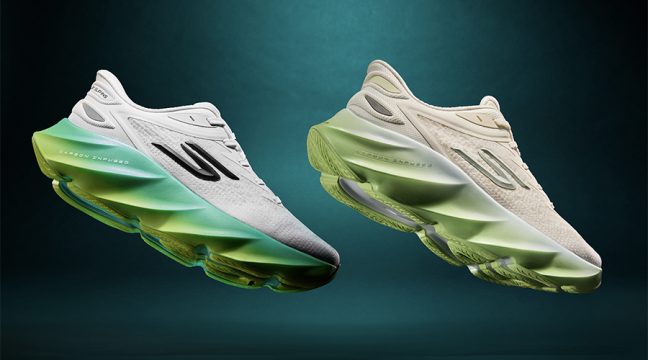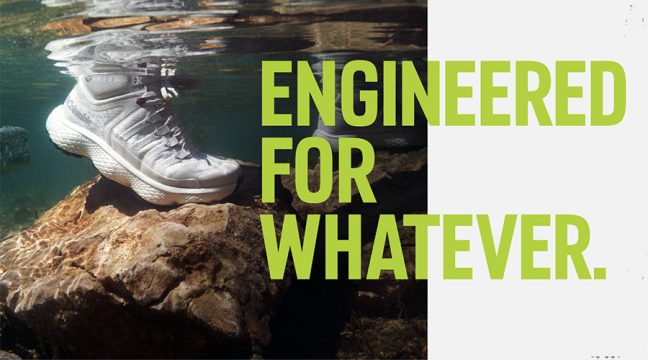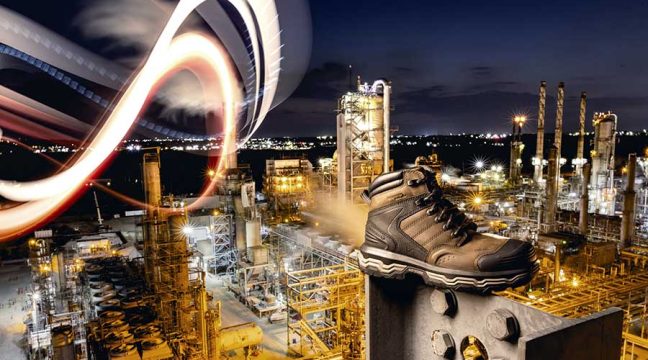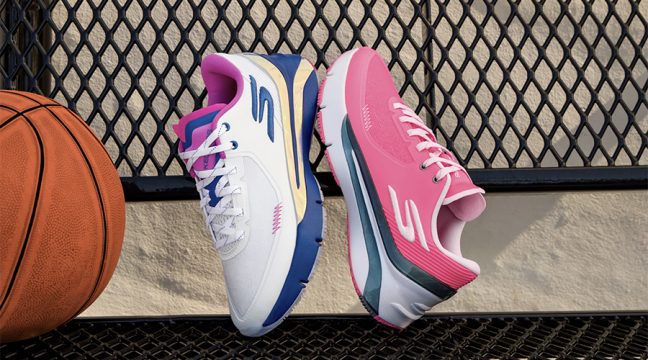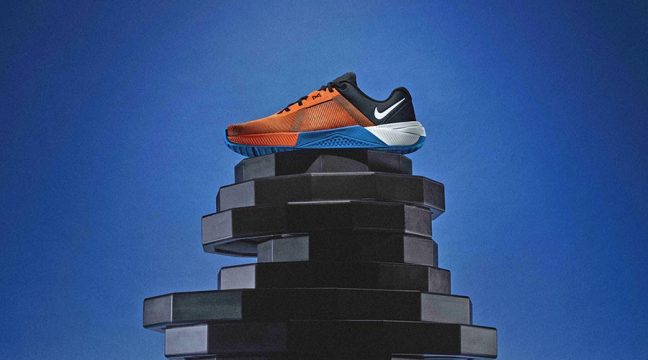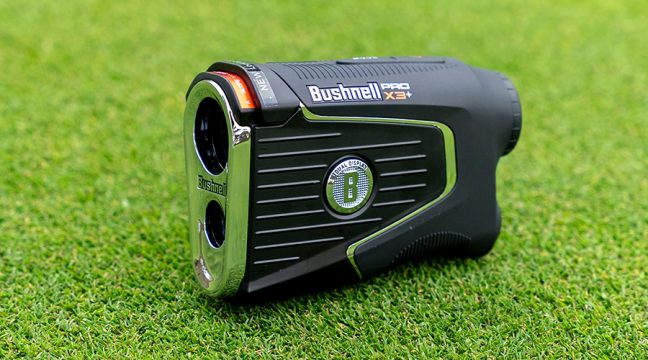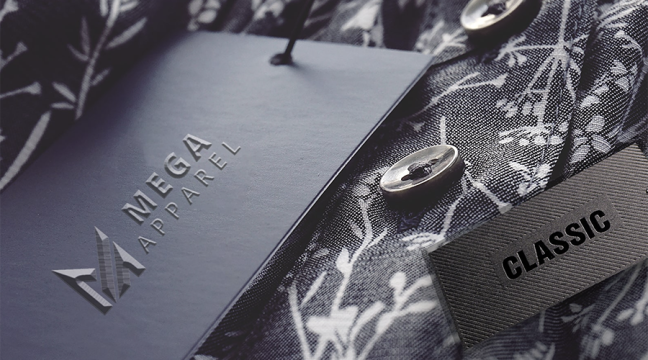As Dynastar celebrates its 60th anniversary in 2023, its new for FW 2023/24, Hybrid Core 2.0 ski construction, is touted as part of its sustainability journey.
Dynastar said Hybrid Core 2.0 “improves on the benchmark skiability that has cemented Dynastar’s reputation while reducing environmental impact across six key indicators: environmental acidification, greenhouse gas emissions, freshwater use, particulate matter, material and mineral use, and fossil fuel consumption. ”
To reduce the quantity of environmentally unfriendly materials in the ski while improving the brand’s skiability, Dynastar reported it “developed a new wood layer design (placed in three directions instead of just one: longitudinally, vertically and transversally), which replaces the mechanical properties provided by composite materials such as glued fiberglass, resulting in a significant reduction in all six aforementioned environmental indicators that will help reduce emissions by a total of 120 tons from the production of skis while maintaining equivalent or improved performance on the slopes.”
As a result of Hybrid Core 2.0’s development, “45 percent of Dynastar’s annual volumes will be eco-designed by the winter of 2025/26,” said the company.
Laurent Richard, brand manager at Dynastar, said, “With Hybrid Core 2.0, a door is opening into the world of eco-design, which will be at the heart of all our future product plans. We still have a long way to go, and there are many hurdles to overcome. Our teams will not give up, and we will continue working to make our activity more sustainable.”
For the 2023/24 winter season, the Hybrid Core 2.0 technology will be integrated into the M-Cross, E-Cross, M-Tour and E-Tour ranges, representing 13 percent of total production. By the winter of 2024/25, the percentage will rise to 23 percent. The brand aims to achieve almost 45 percent annual eco-designed output in three years. The company will manufacture the skis in Sallanches, France.

